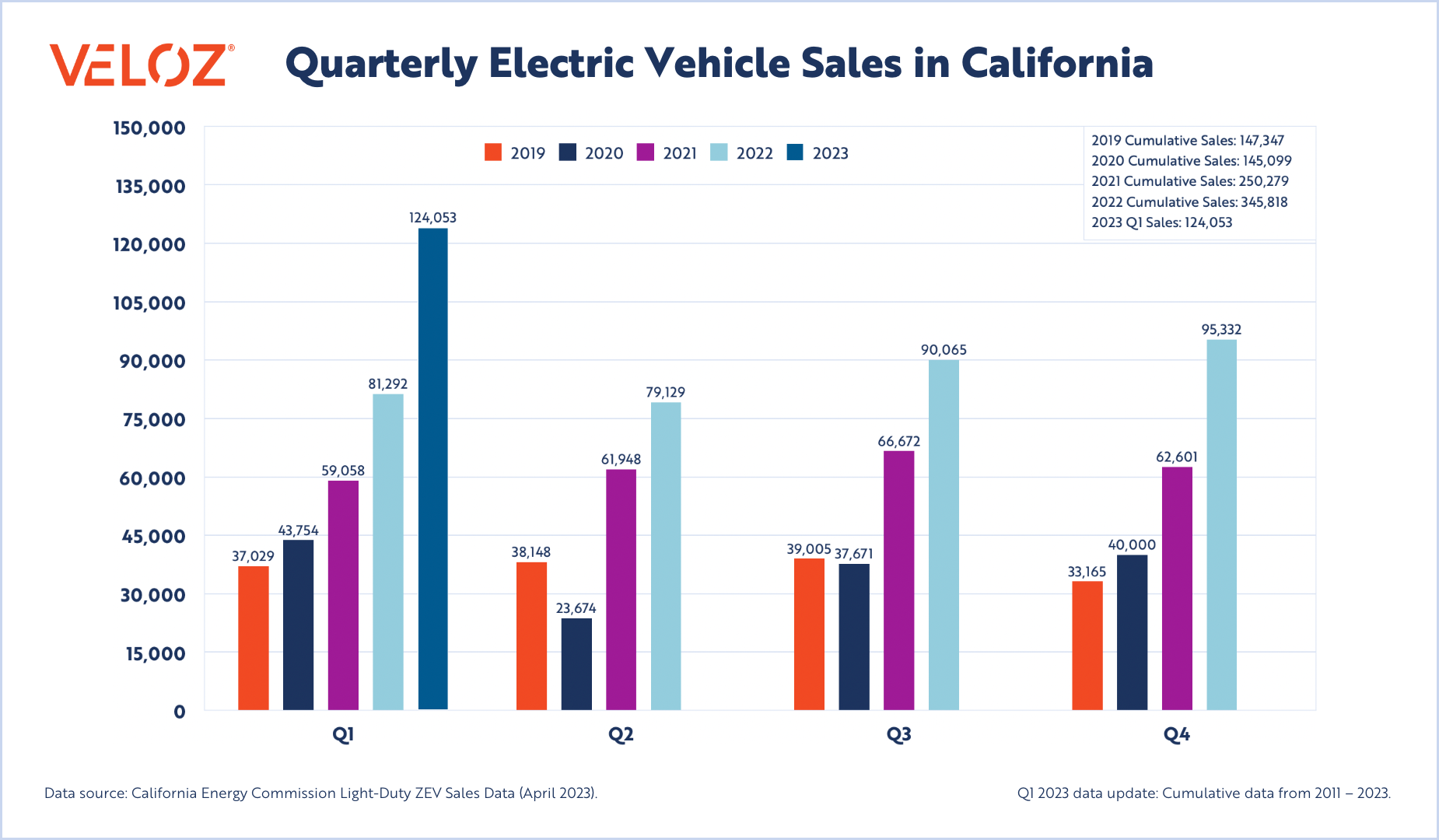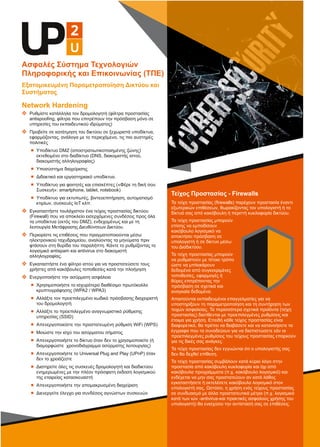Resistance Grows: Car Dealers Challenge Mandatory EV Sales

Table of Contents
Financial Viability Concerns for Dealerships
The financial implications of mandatory EV sales are a major source of concern for car dealerships. The transition to selling and servicing EVs requires substantial investment and carries significant risks that threaten the profitability of many dealerships.
High Initial Investment Costs
Adapting to EV sales demands significant upfront investment. Dealerships face considerable expenses related to upgrading their facilities, training staff, and managing inventory:
- Infrastructure Upgrades: Installing charging stations, purchasing specialized EV repair tools, and modifying service bays to accommodate electric vehicles require substantial capital investment. This is especially challenging for smaller dealerships with limited resources.
- Employee Training: Training technicians on EV-specific repair and maintenance procedures is crucial, but requires dedicated training programs and experienced instructors. This represents a significant ongoing cost for dealerships.
- Inventory Management: Stocking EV inventory requires significant capital outlay. Dealerships face risks associated with potentially slower sales of EVs compared to traditional internal combustion engine (ICE) vehicles, impacting cash flow and profitability. The uncertainty around future EV demand adds another layer of financial risk.
Reduced Profit Margins on EVs
Lower profit margins on EVs, compared to ICE vehicles, are another key concern. Manufacturers often impose stricter pricing policies on EVs, limiting the markup available to dealers.
- Manufacturer Pricing Strategies: Many manufacturers prioritize volume sales over high profit margins on their EVs, resulting in reduced dealer profit potential.
- Increased Competition: The EV market is becoming increasingly competitive, with new entrants emerging regularly. This intense competition can drive down prices and further squeeze profit margins for dealers.
- Shorter Sales Cycles: The sales cycle for EVs may be shorter than for ICE vehicles, potentially reducing the overall revenue stream for dealerships.
Challenges in EV Infrastructure and Consumer Demand
The success of mandatory EV sales hinges on robust infrastructure and strong consumer demand. However, significant challenges remain on both fronts.
Lack of Adequate Charging Infrastructure
The scarcity of public charging stations continues to hinder EV adoption. Range anxiety, the fear of running out of battery power, is a major concern for potential EV buyers.
- Range Anxiety: The limited range of some EVs coupled with the uneven distribution of charging infrastructure creates a barrier for many consumers.
- Uneven Geographic Distribution: Charging stations are not evenly distributed across all regions, especially in rural areas. This uneven distribution further exacerbates range anxiety.
- Government Investment: Significant government investment is needed to develop a comprehensive nationwide charging network to overcome this hurdle.
Consumer Perception and Adoption Rates
While EV adoption is growing, consumer hesitancy remains significant. Many consumers are still hesitant due to factors like higher purchase prices, perceived limited range, longer charging times, and unfamiliarity with the technology.
- Addressing Misconceptions: Targeted educational campaigns are necessary to dispel misconceptions about EVs and highlight their benefits.
- Battery Life and Replacement Costs: Concerns regarding battery life and the cost of battery replacement are legitimate obstacles that need to be addressed.
- Government Incentives: Subsidies, tax breaks, and other incentives can help stimulate consumer demand and overcome financial barriers.
Training and Skill Gaps in the Dealership Workforce
The transition to an EV-centric market requires a skilled workforce capable of servicing and selling electric vehicles. Dealerships face significant challenges in upskilling their employees.
Need for Specialized EV Training Programs
Servicing EVs demands specialized skills and training. Technicians need to be proficient in handling high-voltage systems and EV-specific components.
- Availability of Training Programs: The availability of comprehensive EV-specific training programs needs improvement. Collaboration between manufacturers, dealerships, and vocational schools is necessary.
- Government Support: Government support for vocational training initiatives focusing on EV repair and maintenance would significantly benefit dealerships and the industry as a whole.
Sales Staff Expertise in EV Technology
Sales staff also require training to confidently advise customers on EVs, charging infrastructure, and available government incentives.
- Dedicated EV Sales Training: Dealerships need to invest in dedicated training programs for their sales staff focused on EV technology, features, and benefits.
- Ongoing Training: The rapid pace of technological advancements in the EV sector necessitates ongoing training to keep sales staff up-to-date.
Conclusion
The resistance to mandatory EV sales is not simply a matter of inertia but a reflection of the substantial challenges confronting car dealerships. Addressing concerns about financial viability, infrastructure gaps, and workforce training is critical for the successful transition to electric mobility. Governments, auto manufacturers, and dealerships must collaborate to create a supportive environment for EV adoption. Failing to address these issues will only intensify resistance and impede progress towards a sustainable transportation future. A collaborative approach, focusing on overcoming the financial hurdles and infrastructure limitations related to mandatory EV sales, is crucial for a smooth and successful transition for all stakeholders. Let's work together to build a future where electric vehicles are accessible and beneficial for both consumers and dealers.

Featured Posts
-
 Nyt Mini Crossword Hints For April 8th 2025 Tuesday
May 21, 2025
Nyt Mini Crossword Hints For April 8th 2025 Tuesday
May 21, 2025 -
 Wwes Tyler Bate Returns A Look At His Absence And Comeback
May 21, 2025
Wwes Tyler Bate Returns A Look At His Absence And Comeback
May 21, 2025 -
 Japanese Manga Sparks Travel Fears Disaster Prediction Impact
May 21, 2025
Japanese Manga Sparks Travel Fears Disaster Prediction Impact
May 21, 2025 -
 Big Bear Ai Bbai Investor Lawsuit Contact Gross Law Firm Now
May 21, 2025
Big Bear Ai Bbai Investor Lawsuit Contact Gross Law Firm Now
May 21, 2025 -
 Superalimentos Por Que Este Supera Al Arandano En Beneficios Para La Salud
May 21, 2025
Superalimentos Por Que Este Supera Al Arandano En Beneficios Para La Salud
May 21, 2025
Latest Posts
-
 I Ypothesi Giakoymaki Bullying Vasanismoi Kai Thanatos Enos 20xronoy
May 21, 2025
I Ypothesi Giakoymaki Bullying Vasanismoi Kai Thanatos Enos 20xronoy
May 21, 2025 -
 Ependyseis Kai Metarrythmiseis Gia Tin Anavathmisi Ton Sidirodromon
May 21, 2025
Ependyseis Kai Metarrythmiseis Gia Tin Anavathmisi Ton Sidirodromon
May 21, 2025 -
 Apo Tin Katastrofi Sta Trikala Stin Anavathmisi Toy Sidirodromikoy Systimatos
May 21, 2025
Apo Tin Katastrofi Sta Trikala Stin Anavathmisi Toy Sidirodromikoy Systimatos
May 21, 2025 -
 Sidirodromiko Diktyo Elladas Analyontas Ta Xronia Provlimata
May 21, 2025
Sidirodromiko Diktyo Elladas Analyontas Ta Xronia Provlimata
May 21, 2025 -
 Synaylia Kathigites Dimotikoy Odeioy Rodoy Synantoyn To Koino Stin Dimokratiki
May 21, 2025
Synaylia Kathigites Dimotikoy Odeioy Rodoy Synantoyn To Koino Stin Dimokratiki
May 21, 2025
